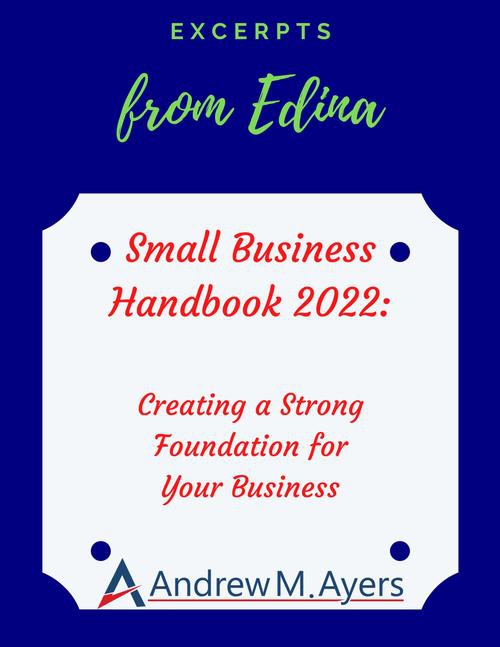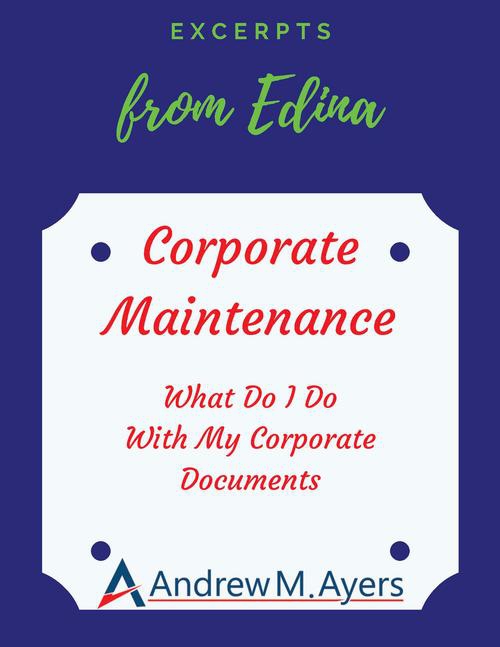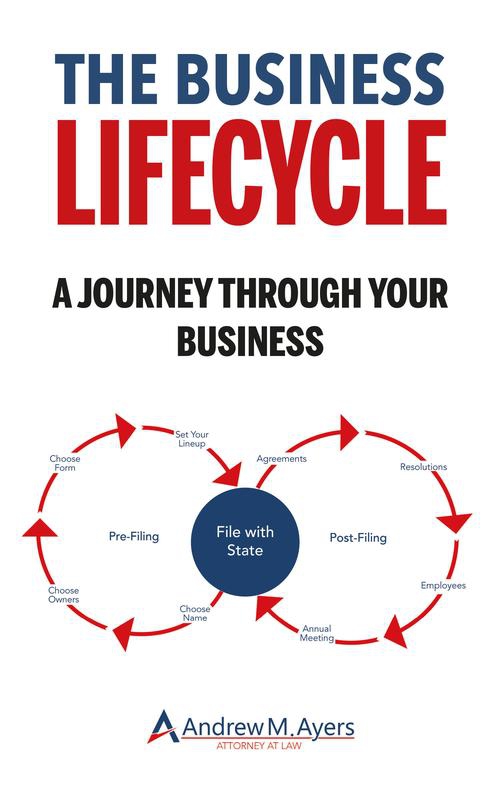 In the realm of business ownership, planning for unforeseen events is crucial for ensuring continuity and stability. One of the most effective tools for achieving this is a buy-sell agreement. This legally binding document outlines the procedures for transferring ownership interests in a business when specific events occur, such as the death, disability, or retirement of a partner. Understanding the intricacies of a buy-sell agreement is essential for any business owner looking to safeguard their enterprise's future.
In the realm of business ownership, planning for unforeseen events is crucial for ensuring continuity and stability. One of the most effective tools for achieving this is a buy-sell agreement. This legally binding document outlines the procedures for transferring ownership interests in a business when specific events occur, such as the death, disability, or retirement of a partner. Understanding the intricacies of a buy-sell agreement is essential for any business owner looking to safeguard their enterprise's future.
What is a Buy-Sell Agreement?
A buy-sell agreement, also known as a buyout agreement, is a contract among the owners of a business that governs the sale of a departing owner's interest. This agreement sets the terms and conditions under which shares can be bought or sold, ensuring that the business remains stable and that ownership transitions are smooth and predictable. It essentially functions as a business will, providing clear instructions on what happens if an owner leaves the business under various circumstances.
Types of Buy-Sell Agreements
Buy-sell agreements come in several forms, each tailored to meet different needs and scenarios:
-
Cross-Purchase Agreement: In this arrangement, the remaining owners agree to buy the departing owner's share. This type is common in small businesses with few owners, as it allows the remaining partners to directly purchase the interest.
-
Redemption Agreement: Here, the business itself agrees to buy back the departing owner's share. This is more common in larger businesses where it is simpler for the company to handle the purchase rather than the individual owners.
-
Hybrid Agreement: This combines elements of both cross-purchase and redemption agreements. It allows the business to have the first right of refusal to buy the departing owner's share. If the business opts not to buy, the remaining owners can then purchase the share.
Key Considerations in a Buy-Sell Agreement
Creating a buy-sell agreement involves careful planning and consideration of several factors:
-
Valuation Method: The agreement must specify how the business will be valued when a buyout occurs. Common methods include book value, fair market value, or a formula agreed upon by the owners.
-
Funding Mechanism: It’s crucial to determine how the buyout will be funded. Options include life insurance policies on the owners, which provide the necessary funds upon death, or setting aside business profits for potential buyouts.
-
Triggering Events: The agreement should clearly define the events that will trigger a buyout. Typical triggers include the death, disability, retirement, or voluntary exit of an owner, as well as divorce or bankruptcy.
-
Terms of Payment: The agreement should outline the terms of payment for the buyout, including the price, payment schedule, and any interest on installments.
Importance of a Buy-Sell Agreement
Implementing a buy-sell agreement offers numerous benefits for a business:
-
Ensures Continuity: By pre-determining how ownership will be transferred, a buy-sell agreement helps maintain business operations without disruption during a significant change.
-
Protects Stakeholders: It safeguards the interests of all stakeholders, including remaining owners, employees, and the departing owner’s family, by providing a clear and fair process for ownership transition.
-
Prevents Conflicts: Having a buy-sell agreement in place reduces the potential for disputes among owners and with heirs, as the terms of ownership transfer are agreed upon in advance.
-
Provides Financial Security: Funding mechanisms, such as life insurance policies, ensure that the business or remaining owners have the necessary resources to buy out the departing owner's interest.
How to Draft a Buy-Sell Agreement
Drafting a buy-sell agreement involves collaboration between the business owners and legal and financial advisors. Here are the steps typically involved:
-
Initial Discussion: Owners should discuss their goals and concerns regarding the buy-sell agreement. This includes identifying potential triggering events and preferred valuation methods.
-
Consultation with Professionals: Engaging a lawyer and an accountant is crucial. The lawyer will draft the legal document, while the accountant can assist with valuation methods and financial planning.
-
Drafting the Agreement: The lawyer will draft the agreement, incorporating the discussed terms and ensuring it complies with legal requirements.
-
Review and Revision: Owners should thoroughly review the draft agreement, making revisions as necessary to address any concerns or changes in circumstances.
-
Execution and Funding: Once the agreement is finalized, it must be signed by all parties. Additionally, the funding mechanism, such as purchasing life insurance policies, should be put in place.
A buy-sell agreement is an indispensable tool for any business with multiple owners. It provides a clear roadmap for handling ownership transitions, ensuring business continuity and protecting the interests of all parties involved. By planning for the unexpected, business owners can secure their company's future and minimize potential conflicts and disruptions.
Do I Need a Business Attorney?
Now is a good time to get up to date on your corporate documents, so if you'd like to discuss them further, let's schedule a Legal Strategy Session online or by calling my Edina, Minnesota office at (612) 294-6982 or my New York City office at (646) 847-3560. My office will be happy to find a convenient time for us to have a phone call to review the best options and next steps for you and your business.





